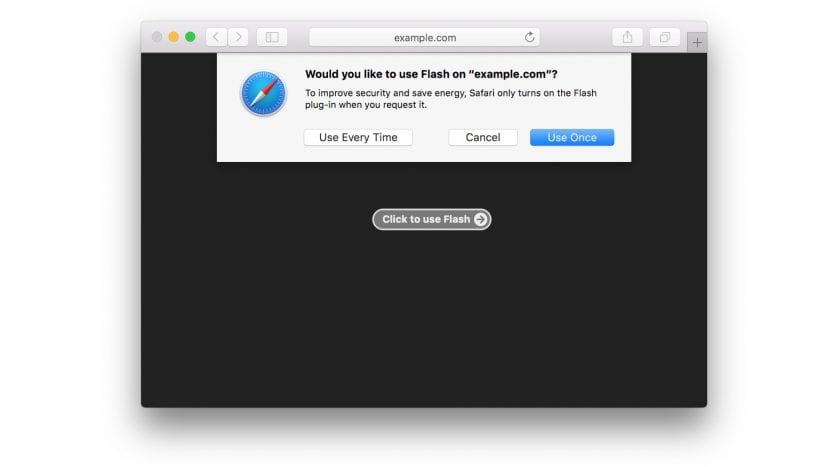
There are many novelties that Apple is presenting for its operating systems in this WWDC 2016 in which developers will need to make all changes to update your applications and working methods.
In addition to new features like Siri, Auto Unlock, and Apple Pay, Safari 10 is introduced for the next macOS Sierra system, the new version of the renowned mac environment browser that introduces new changes in the plugin management.
The proprietary plugins as Java and Adobe Flash have traditionally been troublesome for Safari, forcing developers and users to make continuous security fixes and forced updates to patch bugs and vulnerabilities. Apple has long followed a lock policy of the old versions of plugins, and this new change for Safari 10 may be the final push to get rid of these technologies.
This main change will mean that in Safari 10 proprietary plugins will be automatically disabled like Adobe Flash. This means that the websites should use HTML5 as soon as possible to present its contents and thus improve the browsing experience.
As explained by the Apple developer Ricky mondello in a post on the WebKit blog, when a website offers Flash and HTML5 content, Safari will always implement the latest HTML5 content, although, for now, on a website that requires plugins like Adobe Flash to function properly, the user will be able to activate it with a simple click as it is done in Google Chrome.
Safari 10 will also include a command which will allow users to reload the page with activated plugins to control the web content to be displayed. Also, in Safari preferences it will be possible to select which plugins will be visible on the pages we choose.
Apple recommends developers use the technologies built into Safari to avoid users having to constantly activate and deactivate these options, thus simplifying the browsing experience.